Keywords play a vital role in driving organic traffic to your website. By incorporating relevant keywords into your website’s content, you can improve its visibility in search engine results and attract more visitors. In this article, we will explore the various strategies and techniques you can employ to increase your website traffic using keywords effectively.

1. Introduction
In the highly competitive online landscape, it’s crucial to adopt a robust search engine optimization (SEO) strategy to enhance your website’s visibility and attract targeted traffic. Keywords are the foundation of SEO and act as a bridge between what people search for and the content you provide. By understanding how to leverage keywords strategically, you can drive more traffic to your website and increase your online presence.
2. Understanding the Importance of Keywords
Keywords play a pivotal role in the success of any online business, especially for those seeking to enhance their visibility in search engine results. When it comes to the competitive landscape of Dubai’s digital market, partnering with a reputable SEO agency in Dubai becomes crucial. An SEO agency in Dubai possesses the expertise and knowledge to conduct thorough keyword research and identify the most relevant and high-performing keywords for your business.
By optimizing your website and content with these keywords, you increase your chances of ranking higher in search engine results, driving targeted organic traffic, and ultimately gaining a competitive edge in the Dubai market. The importance of keywords cannot be underestimated in the pursuit of online success, and with the assistance of a trusted SEO agency in Dubai, you can maximize your website’s potential and reach a wider audience effectively.
2.1 What Are Keywords?
Keywords are specific words or phrases that users enter into search engines when looking for information, products, or services. These words or phrases reflect the user’s intent and provide search engines with context to deliver relevant results.
2.2 The Role of Keywords in SEO
Keywords are integral to SEO as they help search engines understand the relevance of your content to specific search queries. By optimizing your website with relevant keywords, you increase the chances of appearing in search results when users search for those keywords. This visibility leads to higher organic traffic and better overall website performance.
3. Keyword Research
To increase your website traffic effectively, it is essential to conduct thorough keyword research. This process involves identifying the keywords that are most relevant to your website and have a high search volume. Here are some steps to follow:
3.1 Choosing the Right Keywords
Start by brainstorming a list of relevant topics and terms related to your website or business. Then, use keyword research tools to analyze the search volume, competition, and relevance of these keywords. Choose keywords that have a balance between search volume and competition, as highly competitive keywords may be challenging to rank for.
3.2 Tools for Keyword Research
When it comes to conducting effective keyword research, utilizing reliable tools is essential. To discover new keywords and gain valuable insights into their performance, consider leveraging popular keyword research tools like Google Keyword Planner, SEMrush, or Ahrefs. These tools provide a wealth of information, including search volume, competition levels, and related keywords. By utilizing these tools, you can make informed decisions about the keywords to target for your SEO efforts.

They offer valuable data that helps you understand the search landscape, identify keyword opportunities, and refine your strategy accordingly. Whether you’re a business owner, marketer, or SEO company Dubai, these keyword research tools are indispensable for optimizing your online presence and driving targeted traffic to your website.
4. On-Page Optimization
Once you have identified the right keywords, it’s crucial to optimize your website’s on-page elements to improve its visibility in search results. Here are some on-page optimization techniques you should implement:
4.1 Incorporating Keywords in Page Titles
Including your target keywords in the page titles is essential as it helps search engines understand the main focus of your content. Ensure that your page titles are descriptive, concise, and include your primary keywords.
4.2 Optimizing Meta Descriptions
Meta descriptions provide a brief summary of your web page in search results. Incorporate your target keywords naturally within the meta description to entice users to click through to your website.
4.3 Using Keywords in Heading Tags
Heading tags (H1, H2, H3, etc.) structure your content and provide hierarchy. Use heading tags to break down your content into sections and include relevant keywords in these headings. This helps search engines understand the content’s structure and relevance.
4.4 Including Keywords in Content
When creating content for your website, ensure that you naturally incorporate your target keywords throughout the text. However, focus on providing valuable and engaging content to readers rather than stuffing keywords unnaturally.
4.5 Optimizing Image Alt Tags
Search engines also consider the information provided in image alt tags to understand the context of an image. Incorporate relevant keywords within your image alt tags to improve the visibility of your website in image search results.
5. Off-Page Optimization
In addition to on-page optimization, off-page optimization techniques can further boost your website traffic. Here are a few strategies to consider:

5.1 Building Backlinks with Keyword Anchor Text
When other reputable websites link back to your content, it signals to search engines that your website is trustworthy and relevant. Request backlinks from other websites using anchor text that includes your target keywords. This helps search engines understand the topic and relevance of your content.
5.2 Guest Blogging and Keyword Optimization
Guest blogging on authoritative websites in your industry is a great way to showcase your expertise and drive traffic to your website. When writing guest blog posts, optimize them with relevant keywords to maximize their impact on search engine rankings.
6. Creating High-Quality Content
While keywords are essential, the quality of your content is equally important. Here are some tips for creating high-quality, keyword-rich content:
6.1 Writing Keyword-Rich Content
Incorporate your target keywords naturally throughout your content while ensuring it remains readable and engaging. Provide valuable information and answer the users’ search intent effectively.
6.2 Avoiding Keyword Stuffing
Keyword stuffing, or excessively using keywords, can harm your website’s rankings. Avoid stuffing keywords unnaturally and focus on creating content that provides value to your readers.
7. Monitoring and Refining
To ensure long-term success in driving website traffic, it’s crucial to continuously monitor and refine your keyword strategy. Here are some steps to take:
7.1 Tracking Keyword Performance
Regularly analyze the performance of your chosen keywords using analytics tools. Identify keywords that are driving the most traffic to your website and adjust your strategy accordingly.
7.2 Adapting to Search Engine Algorithm Changes
Search engine algorithms are constantly evolving, and your keyword strategy should adapt accordingly. Stay updated with the latest SEO trends and algorithm changes to ensure your website remains optimized.
8. Conclusion
Increasing your website traffic using keywords is a fundamental aspect of SEO. By understanding the importance of keywords, conducting thorough research, and optimizing your website’s on-page and off-page elements, you can attract more targeted traffic to your website. Remember to create high-quality content that provides value to your audience and continuously monitor and refine your keyword strategy for long-term success.
9. FAQs
Q1. How long does it take to see results from keyword optimization?
A1. The timeline for seeing results from keyword optimization varies depending on factors such as competition, website authority, and the effectiveness of your strategy. It may take a few weeks to several months to see noticeable improvements in website traffic.
Q2. Can I use multiple keywords for a single page?
A2. Yes, you can target multiple keywords for a single page. However, ensure that the keywords are relevant to the page’s content and do not overcrowd the page with too many keywords.
Q3. Are long-tail keywords important for website traffic?
A3. Yes, long-tail keywords are valuable as they often reflect more specific search intent. Targeting long-tail keywords can help you attract highly relevant traffic and improve conversion rates.
Q4. Should I use the same keywords on every page of my website?
A4. It’s recommended to use a variety of keywords across different pages of your website to target a broader range of search queries. Each page should have unique, relevant keywords based on its content.
Q5. How often should I update my keyword strategy?
A5. Keyword strategies should be regularly reviewed and updated based on changing market trends, search engine algorithm updates, and the performance of your current keywords. Aim to revisit your keyword strategy at least every few months.

